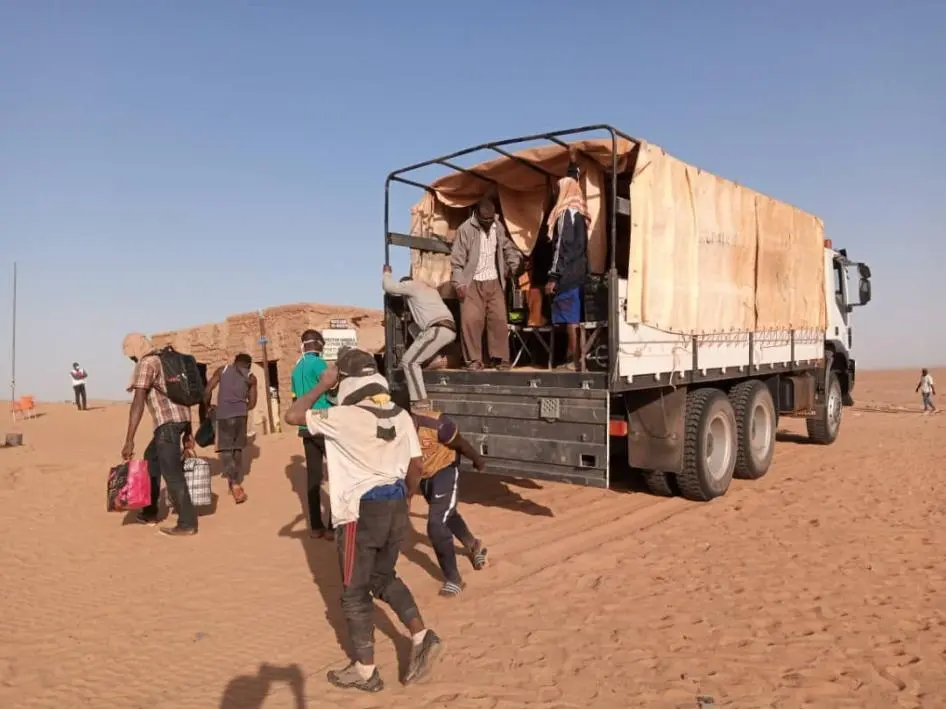
Algeria has come under sharp criticism at the United Nations Human Rights Council for its treatment of sub-Saharan African migrants, as regional tensions with neighboring Sahel countries deepen.
The condemnation follows a series of alleged expulsions and forced relocations of migrants, many of whom are citizens of Mali, Niger, and Burkina Faso.
The accusations come amid a diplomatic crisis that has escalated since early 2025, when Algerian forces reportedly shot down a Malian drone, igniting a geopolitical standoff.
In retaliation, the Alliance of Sahel States (AES)—comprising Mali, Niger, and Burkina Faso—closed their airspace to Algerian aircraft and withdrew their ambassadors from Algiers, signalling a formal rupture in diplomatic relations.
In what human rights observers describe as a retaliatory backlash, Algeria has allegedly ramped up deportations of migrants from these Sahelian nations.
According to testimony presented at the 59th session of the UN Human Rights Council in Geneva, migrants have been subjected to mass arrests and forcibly transported to Algeria’s southern desert regions near the Sahel border—areas known for their harsh, uninhabitable conditions.
During the session, UN Special Rapporteur on the Human Rights of Migrants, Gehad Madi, expressed grave concern over reports of migrants being abandoned in remote parts of the Sahara without basic necessities.
Several member state delegations condemned what they termed “collective expulsions” lacking legal process, accusing Algeria of using vulnerable migrant communities as geopolitical pawns.
“These practices represent a clear violation of international human rights law,” one diplomat stated. “No state should exploit human beings as tools of political retaliation.”
Observers argue that these deportations signal a broader breakdown in regional cooperation, raising fears over the safety of thousands of migrants and the fragility of West Africa’s human rights framework.
Calls for an independent UN investigation into Algeria’s treatment of migrants are gaining momentum, with advocates pushing for urgent humanitarian interventions and diplomatic engagement.
As tensions persist, the plight of these migrants—caught in the crossfire of a geopolitical feud—continues to stir international alarm.



